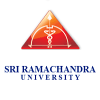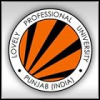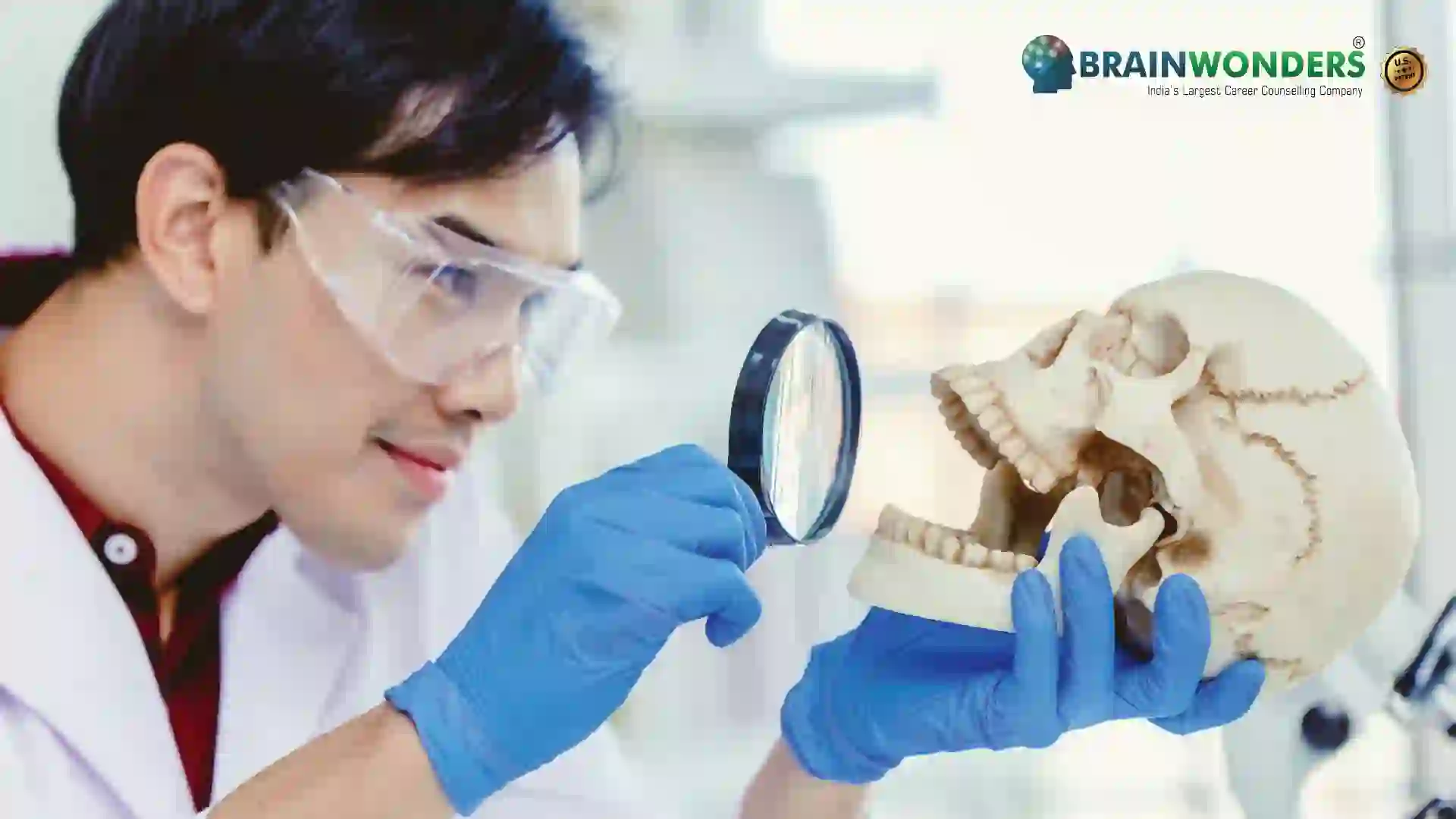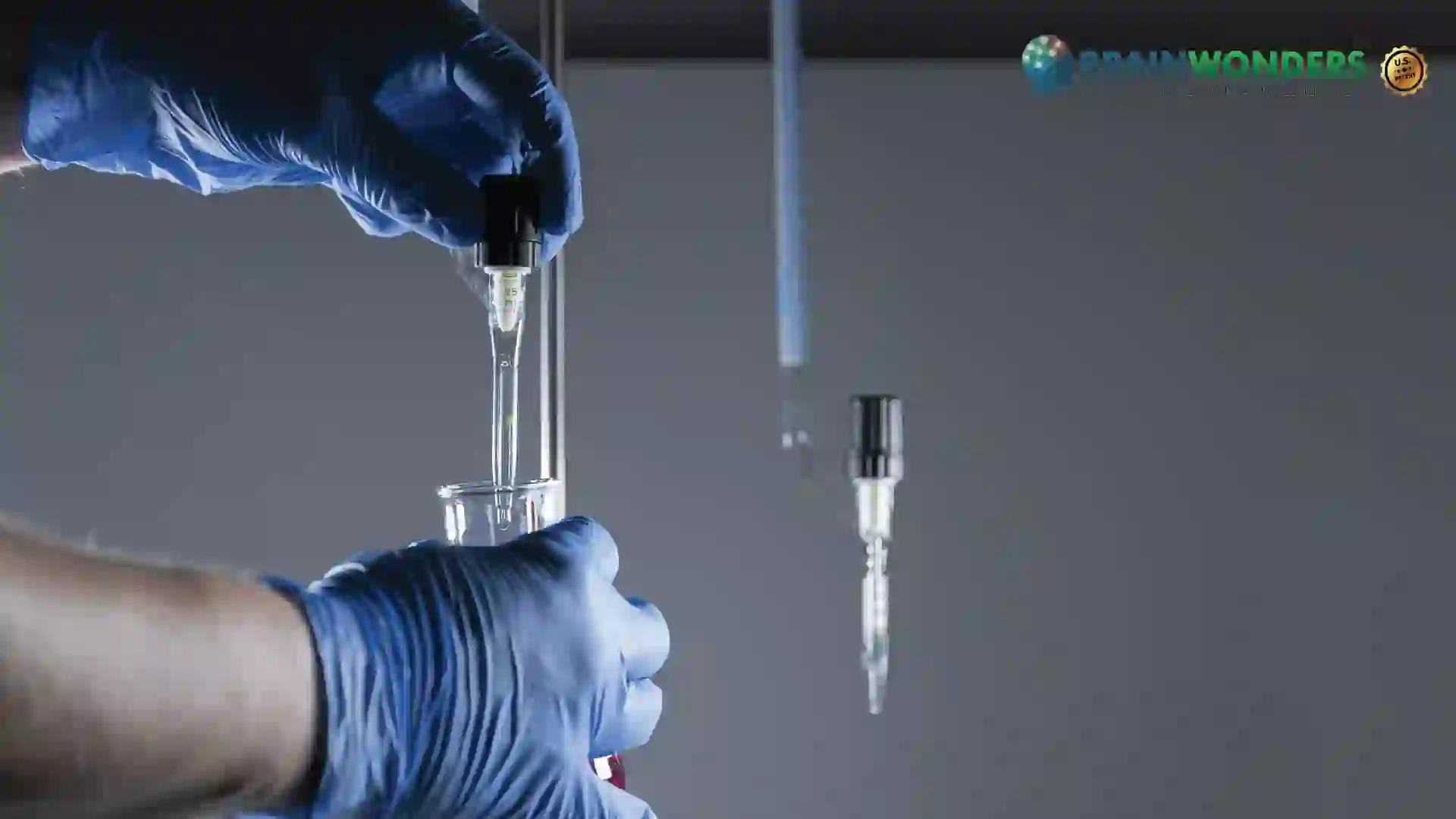How to become a Cytogenetic Technologist
Overview, Courses, Exam, Colleges, Pathways, Salary
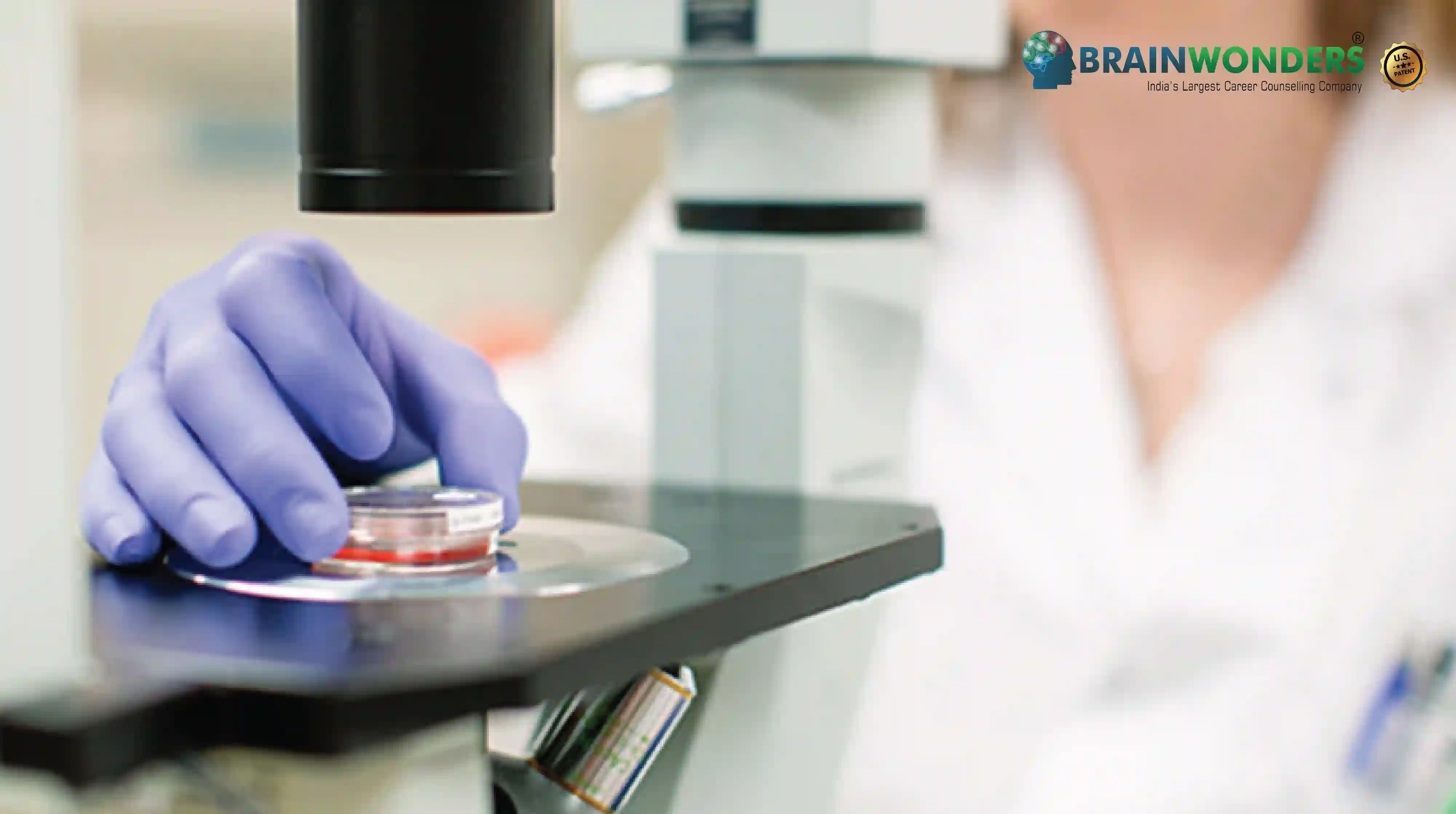
Overview
Who is Cytogenetic Technologist ?
Cytogenetics involves the study of chromosomes, the cell's genetic material, in particular the structure and arrangement of DNA molecules and genes. The work can vary with anything from congenital birth defects, fertility problems and hematological disorders, mental retardation, cancer, miscarriage to locating the genetic influence for a potentially developing disease in an adult. Cytogenetic technologists are also known as cytogeneticists. Cytogenetics technologists use medical imaging equipment and microscopes to study samples such as blood, tissue, bodily fluids, bone marrow and other genetic material from patients.
Typical day at work
What does Cytogenetic Technologist do?
By viewing culture slides through microscopes and other medical imaging tools, a cytogenetic technologist or technician is someone who prepares, examines, and analyses the structure of chromosomes found in various biological specimens of blood, tissue, amniotic fluids, and bone marrow in order to diagnose and treat genetic diseases and disorders. They use various techniques to analyse patients' chromosomal structures, such as karyotyping, fluorescence in situ hybridization (FISH), and other techniques and count numbers of chromosomes to identify the structural abnormalities.
- Using standard genetics laboratory practices and nomenclature to arrange and attach chromosomes in numbered pairs on karyotype charts to identify normal or abnormal chromosomes
- Analyze fetal chromosomes in amniotic fluid to determine whether the foetus may have Down syndrome.
- Examine chromosomes found in biological specimens to detect abnormalities, aid diagnoses, and treatments for genetic diseases
- Generate chromosome images with the help of computer imaging systems
- Choose suitable culturing procedure or system based on specimen type and reason for referral
- Harvest cell cultures with the help of substances like mitotic arrestants, cell releasing agents, and cell fixatives
- Identify appropriate methods of specimen collection, preservation, or transport
- Connect to responsible parties for unacceptable specimens and suggest remediation for future submissions
- Archive case records and study resources as required by regulations and laws
- For array analysis, extract, measure, dilute appropriately, label, and prepare DNA
- Reporting test results to patients, physicians, caregivers, or researchers
- Cultivate, implement, and supervise quality control and quality assurance programs to ensure accurate and precise test performance and reports
- Use appropriate preparation and storage methods of media to maintain potential of hydrogen (ph), sterility, or ability to support growth.
- Harvesting and preparing cultures of living cells
- Train medical students by reviewing patients' karotypes and underlining abnormalities
- Work with physicians to determine the genetic cause of a disorder that affects a child's development
- Examine a blood smear to determine whether the symptoms are caused due to leukemia
- Recognize and report abnormalities in the colour, size, shape, composition, or pattern of cells
- Conclude optimum time sequences and methods for manual or robotic cell harvests
- Choose or prepare specimens and media for cell cultures by means of aseptic techniques, knowledge of medium components, or cell nutritional requirements
- Stain slides to make chromosomes visible for microscopy
- Develop and supervise training sessions for trainees, medical students, resident physicians, or post-doctoral fellows
- Input specimens details into logs or computer systems
- Maintenance of laboratory equipment such as photomicroscopes, inverted microscopes, and regular darkroom equipment
- Supervise subordinate laboratory staff.
Abilities and Aptitude needed
What are the skills, abilities & aptitude needed to become Cytogenetic Technologist?
- Cytogenetic Technologists must understand how to operate and set up complex laboratory machinery.
- They tend to be investigative, detail-oriented, intellectual, introspective, and inquisitive individuals. They are curious, methodical, scientific, rational, analytical, and logical.
- Technicians must follow exact instructions so that the tests or procedures are performed correctly. They need to be skilled with their hands and work closely, safely, and effectively with needles and other laboratory instruments. Thus, they must learn to work well in a stressful environment.
- They need physical stamina as they may work on their feet for long periods while collecting samples and at times, may need to lift or turn disabled patients to collect samples for testing.
- They must also practice all standard safety procedures and quality control principles in the laboratory and understand and abide by legal and health care procedures.
Pathways
How to become an Cytogenetic Technologist?
Entrance Exam
Entrance Exam for Cytogenetic Technologist ?
Courses
Which course I can pursue?
Best Colleges
Which are the best colleges to attend to become an Cytogenetic Technologist?
Industries
Which Industries are open for Cytogenetic Technologist?
internship
Are there internships available for Cytogenetic Technologist?
Career outlook
What does the future look like for Cytogenetic Technologist?
Becoming a Cytogenetics technologist an individual will have a good salary income, steady job growth. Other than this the various other benefits include medical insurance, discounts in laboratory testing, staff discount in medical checkup, company travel allowances These professionals can find employment in private medical laboratories, clinics, research facilities, educational institutions, and private or government hospital laboratories. Those working in labs that are open around the clock may need to work night shifts. Cytogenetic technologists often work 8-hour shifts; however the shifts may be flexible. Technologists can be asked to work overtime at times. Cytogenetic technologists are usually seated looking through microscopes.
